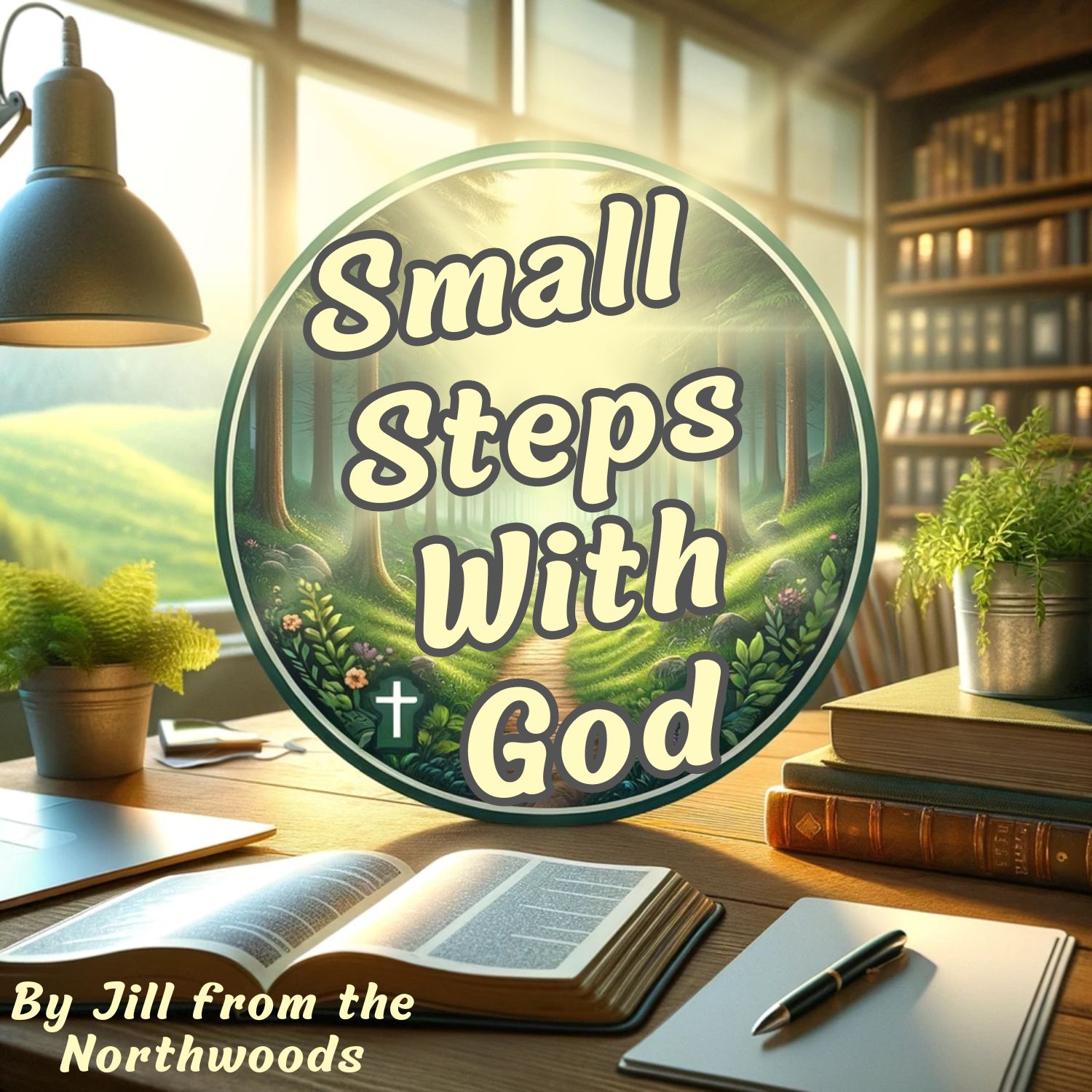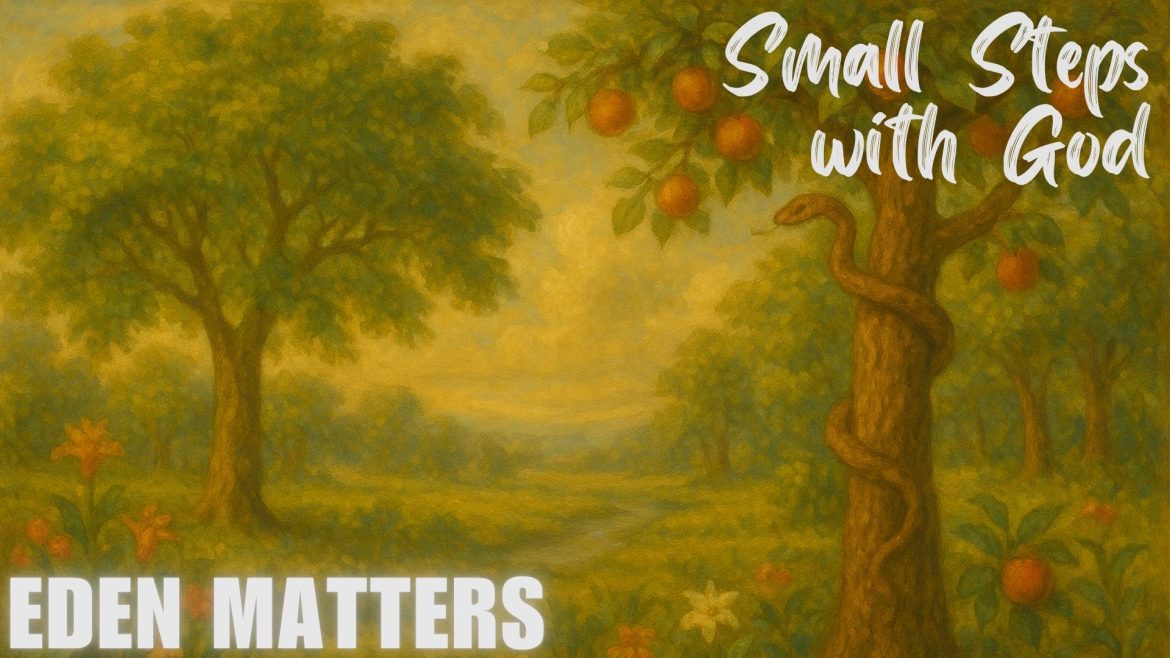Eden isn’t just a biblical garden lost to history—it’s the framework for understanding where we came from and where we’re going. In her book Even Better Than Eden, Nancy Guthrie challenges conventional views of Eden and presents nine powerful ways the biblical story reframes our lives. The podcast episode based on this book helps listeners see Eden not as a quaint fable but as a roadmap to our divine purpose. If you’ve ever felt spiritually lost, longing for peace, purpose, or restoration, this message is for you.
Eden Was a Beginning, Not a Museum
Many imagine the Garden of Eden as a perfect paradise, but Guthrie argues that Eden wasn’t the final version of God’s creation. It was dynamic—meant to be cultivated, expanded, and brought to fullness. Adam and Eve were given a mission, not just a home. They weren’t caretakers of a pristine museum but pioneers of a world designed to grow and flourish.
This redefinition of Eden reframes our own lives. We aren’t just meant to preserve what is; we’re called to cultivate, work, create, and partner with God. Like Eden, our lives are supposed to bloom.
Sin and the Illusion of “Even Better”
The fall didn’t start with evil desires but with a yearning for “something more.” Eve wasn’t enticed by darkness; she was deceived into thinking there was something better than what God had already given. That’s how temptation often works—it exploits a crack in our trust.
We still fall into this trap. Instead of trusting God’s definitions of good and evil, we prefer to write our own. Guthrie captures it perfectly: sin always takes—it never adds. What looks like freedom becomes bondage when we abandon God’s design.
Guarded Gates and Flaming Swords
Why were Adam and Eve barred from Eden after their fall? Not as punishment, but as protection. Guthrie offers a unique insight: eating from the tree of life after sin would have locked humanity into eternal separation from God—an irreversible state. In that light, the angels guarding Eden weren’t bouncers at a nightclub but divine protectors shielding us from a spiritual death sentence.
Nine Stories that Shape Us
Guthrie’s book walks through nine biblical narratives that mirror and complete the Eden story. Here’s a breakdown:
- The Wilderness: Leaving Eden meant entering a spiritual desert. But just as Jesus triumphed in his wilderness temptation, we are shaped in our struggles.
- The Tree: The tree of the knowledge of good and evil is echoed in the cross. Jesus hung on a tree to redeem what was lost at the first one.
- The Image: We were made in God’s image, and Jesus restores that image through grace and redemption.
- The Clothing: God clothed Adam and Eve, not to shame them but to cover their new self-awareness. Christ now covers our sins with righteousness.
- The Bridegroom: From Eve to the Church, the theme of a prepared bride runs through scripture, ending in eternal union with Christ.
- The Sabbath: More than a day off, the Sabbath represents eternal rest and delight in God’s presence.
- The Offspring: From Eve’s seed comes the one who crushes evil—Jesus, fulfilling the prophecy of Genesis 3:15.
- The Dwelling Place: God walked with us in Eden and will again in the New Heaven and Earth.
- The City: Eden had limits; the New Jerusalem is boundless. This is where creation’s full potential will finally be realized.
Rest Isn’t Boring—It’s Holy
The Sabbath often feels outdated or restrictive, but Guthrie reframes it as a gift. Rest isn’t about idleness—it’s about freedom. It’s a divine declaration that we’re not slaves to our calendars or performance. Practicing Sabbath is a way to trust God with our time and priorities.
Made for More
If you’ve ever felt an ache for something greater, you’re not imagining things. Guthrie explains that the emptiness in our lives isn’t a problem—it’s God’s opportunity. He does his best work in empty places, filling them with himself. Eden was just the beginning. The future God promises is not a return to Eden but a transformation into something far greater.
Conclusion: From Wilderness to Glory
We are all walking through a wilderness right now—personally, culturally, spiritually. But just like in Eden, the story doesn’t end in loss. It ends in restoration. Guthrie’s insights invite us to stop yearning for Eden and instead prepare for the glory that’s coming. We weren’t made to just survive—we were made to flourish, to live without shame, and to walk with God again.

